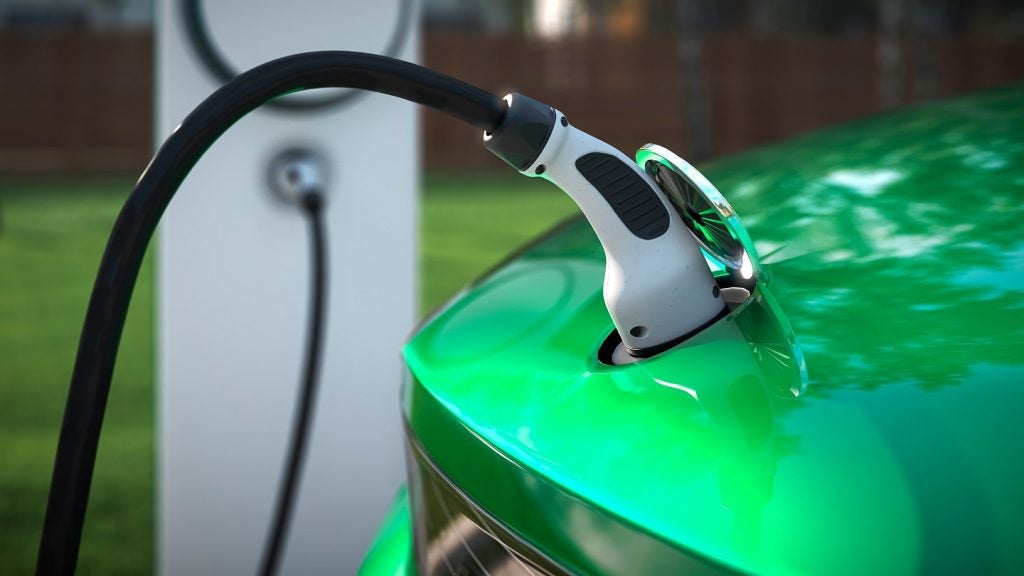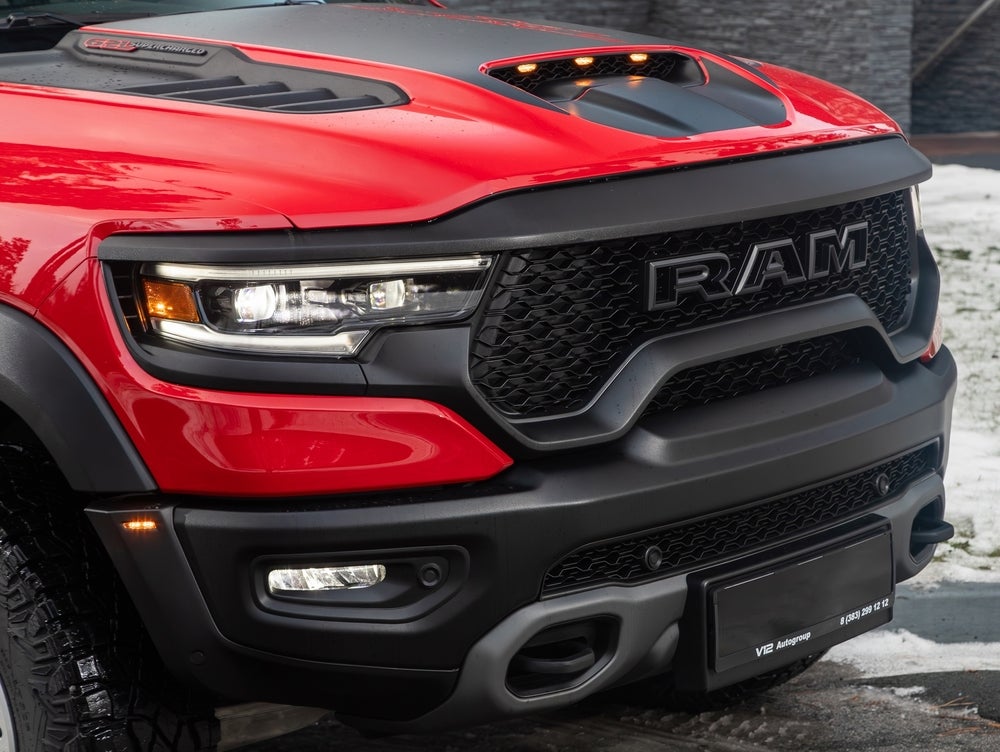COP 28 kicked off last week, and we were honoured to participate in one of the first speaker briefings, ‘Accelerating the Transition Through Road Transport’. It was a privilege for a startup from Tilbury to be invited to share the stage with several heads of state and CEOs of the world’s largest companies to discuss how collaboration can accelerate the adoption of zero-emission vehicles. It shows that we’re doing important work and how seriously many political and business leaders are taking transport decarbonisation.
Yet, it’s no secret that Tevva has had its challenges this year – similar to many startups in the electric vehicle (EV) space who have faced and continue to face several obstacles to mass production. Volta Trucks filed for bankruptcy due to supply chain issues, although there is hope for them on the horizon. North American startups are burning through cash reserves as they struggle to ramp up production in the face of dwindling funding options.
Tevva continues along its road, producing battery-electric trucks at our London facility and delivering them to eagerly awaiting customers. But we need help to scale up and carve a pathway towards greater adoption of zero-emission vehicles. Simply put, we believe that further government action is required to ensure that the UK achieves its net zero goals in the best and fastest possible way for the good of the environment, economy and British people.
We certainly do appreciate the British government’s support to date, but for this country to accelerate EV adoption and meet its net zero goals, more is needed. Brexit put us in a position where we were theoretically free from the ‘shackles’ of the European Union (EU) and free to pass our own legislation and create our own targets.
Take the European Parliament’s recent vote to adopt new CO2 standards for heavy-duty vehicles (-45% by 2030, -65% by 2035 and -90% by 2040). In the UK we have more ambitious goals of 100% zero-emission by 2035 for commercial vehicles below 26 tonnes (where Tevva is currently operating), and 2040 for 26 tonnes and over.
This looks good on paper, but the adoption of clean trucks won’t play out on paper – rather in company boardrooms and at the desks of procurement and fleet decision-makers.
How well do you really know your competitors?
Access the most comprehensive Company Profiles on the market, powered by GlobalData. Save hours of research. Gain competitive edge.

Thank you!
Your download email will arrive shortly
Not ready to buy yet? Download a free sample
We are confident about the unique quality of our Company Profiles. However, we want you to make the most beneficial decision for your business, so we offer a free sample that you can download by submitting the below form
By GlobalDataWhat good are ambitious targets if you don’t have the policies or appropriate measures in place to see them achieved. As the UK has the most ambitious targets for battery-electric truck adoption, you’d think that the most attractive incentives would also be in place to stimulate demand, especially as we’re no longer bound by EU state aid rules limiting the amount of support governments can give specific industries.
Yet the financial incentives on offer for truck adoption in the UK are paltry compared to those found on the continent. As a vehicle manufacturer, Tevva can offer customers a maximum discount of £16,000 for one of our 7.5 tonne battery electric trucks. Yet, if you compare this support to what’s on offer in other European countries, you’re left feeling that the UK could do more. In Germany, for example, the government provides 80% of the price differential between diesel and battery-electric trucks; in the Netherlands, it’s 45%. That’s potentially between £50,000-£90,000 per truck more than the UK offers.
A second area in which we severely lag behind mainland Europe is the available charging infrastructure. In Germany right now they’re building Europe’s first public charging corridor for electric trucks along major logistics routes. In the UK you’d struggle to find a single dedicated electric truck charging facility en route to any delivery.
At last week’s Motor Transport Decarbonisation Summit in the UK, infrastructure was highlighted as the industry’s number one concern. To say a lot rests on the success of the Zero Emission HGV and Infrastructure Demonstration programme and other schemes is putting it mildly.
No one said the electrification of trucks was going to be easy, but it is inevitable, and the technology has developed to a point where an electric truck is a viable proposition for many fleet operators. Yet our ambitious targets in the UK are not backed up by the right actions to enable, incentivise and de-risk the shift. It’s imperative that these actions and policies are put in place to facilitate the journey to net zero, by this government or the next.








